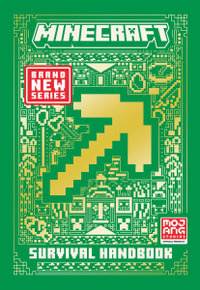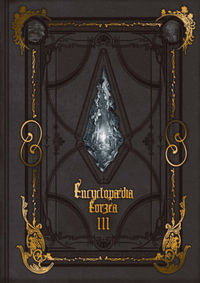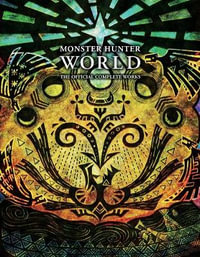Videogames are the pre-eminent commercial entertainment product of the 21st century, with sales eclipsing film and music revenue. With cross-over into artistic, educational and political spheres assured with their move from desktops and consoles to mobile devices and social media, research into videogames has never been greater, but exploration of their historic drivers is as elided as the technology is influential, giving rise to a range of questions including: What were the social and economic conditions that gave rise to a billion dollar industry? What were the motivations of the early 'bedroom coders'? How important were the 'format wars' of the 80s to the internationally pitched console wars of the 90s, 2000s and beyond? What are the legacies of the seminal videogames of the 1980s and how do they inform the current social, political and cultural landscape?. .With a focus on the characteristics of the UK videogame industry in the 1980s, Wade explores these questions from perspectives of consumption, production and leisure, outlining the construction of a habitus unique to this time. He also uses the US and European markets as a continuing point of comparison. Through interviews with developers, gamers and journalists examining the phenomena of bedroom coding, arcade gaming and format wars, mapped onto enquiry into the seminal genres of the time including driving, shooting and maze chase, Playback: A Genealogy of 1980s British Videogames examines how 1980s Britain has become the culture of work in the 21st century and considers its meaning to contemporary society. This crucial and timely work fills a lacuna for students and researchers of sociology, media/games studies and will be of interest to employees of the videogames and media industries.
Industry Reviews
An interdisciplinary approach to the history of British video games of the 1980s, examining not only their industrial and social contexts, but other interrelated cultural issues, such as 'bedroom coding', arcades, and the economic conditions shaping the zeitgeist. Sure to be of interest not only to Media Studies scholars, but to students of British culture in general. * Mark J. P. Wolf, Communication Department Chair, Concordia University Wisconsin, USA *
A complete picture [of the] bedroom gaming culture in the UK. * PS Nation *
Playback reads like a labour of love and seriously theoretical tour de force. Working in the boundaries between genealogy, habitus and subculture, but always resisting the easy option of one categorisation, Wade puts Foucault and Bourdieu to work on 80s games as archaeology in the specific context of post-industrial social dynamics. Understood this way, games demand transdisciplinary energy - as the author has it, "the time for academic investigation is now." I learned a lot. * Julian McDougall, Professor at the Centre for Excellence in Media Practice, Bournemouth University, UK *
With so much work on videogame history reproducing discourses of technological progression, Wade's focus on the cultures and practices of arcade gaming, bedroom coding and copying provides an important corrective to the linear timelines of platform 'generations'. This detailed and carefully-theorised book is essential reading for anybody interested in understanding the social, cultural, political and economic contexts of 1980s videogame development and consumption in the UK - and how these factors shape the contemporary landscape of gaming. * James Newman, Professor of Digital Media, College of Liberal Arts, Bath Spa University, UK *

























